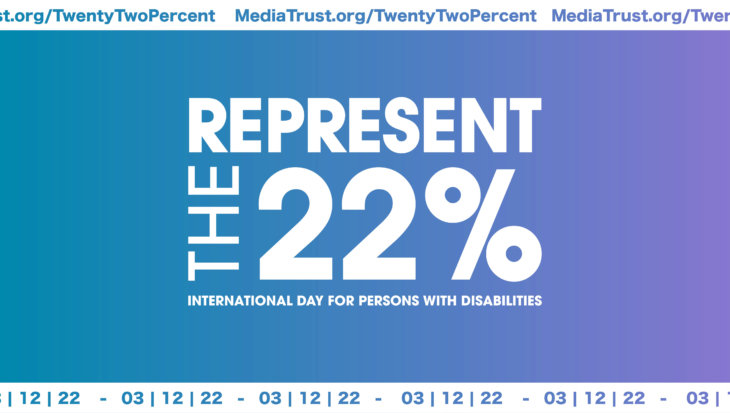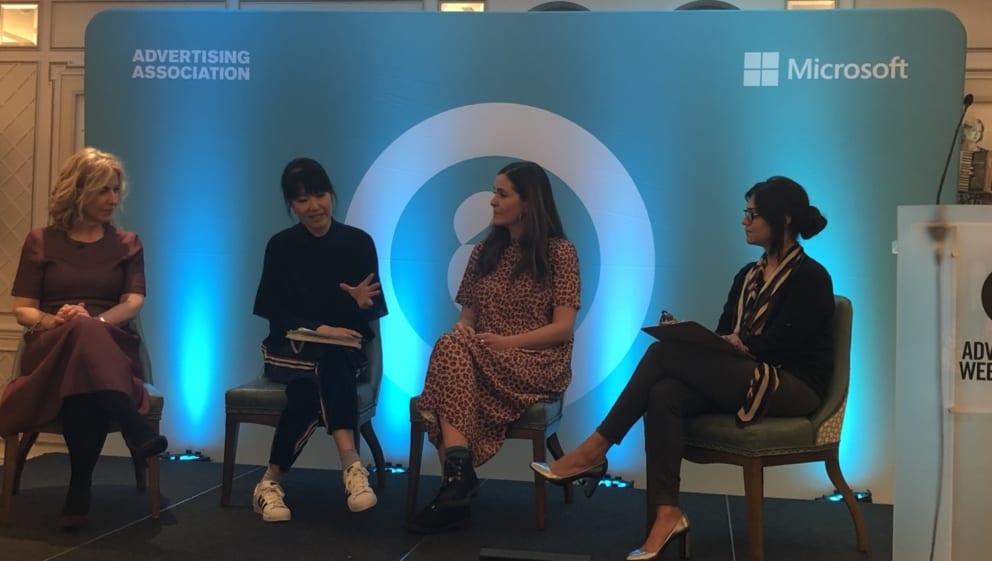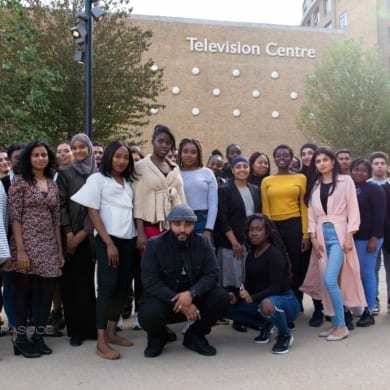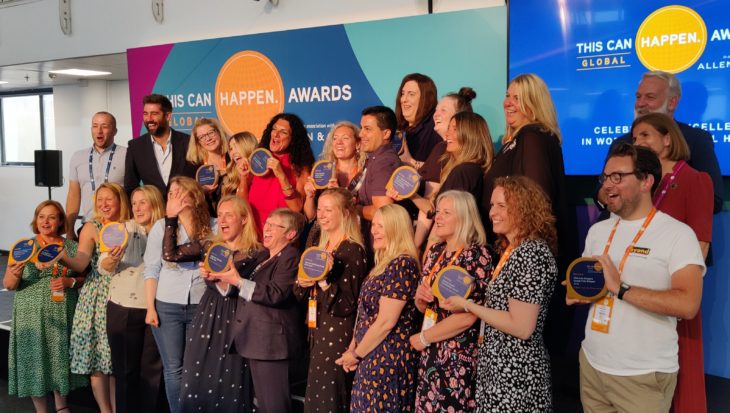Media Trust challenges the media sector to represent the 22%
News
22% of people in the UK have a disability, but you wouldn’t know this from media representation. What At Media Trust, we believe in the power of media to change lives. But we know that...
Posted 16 November 2022





